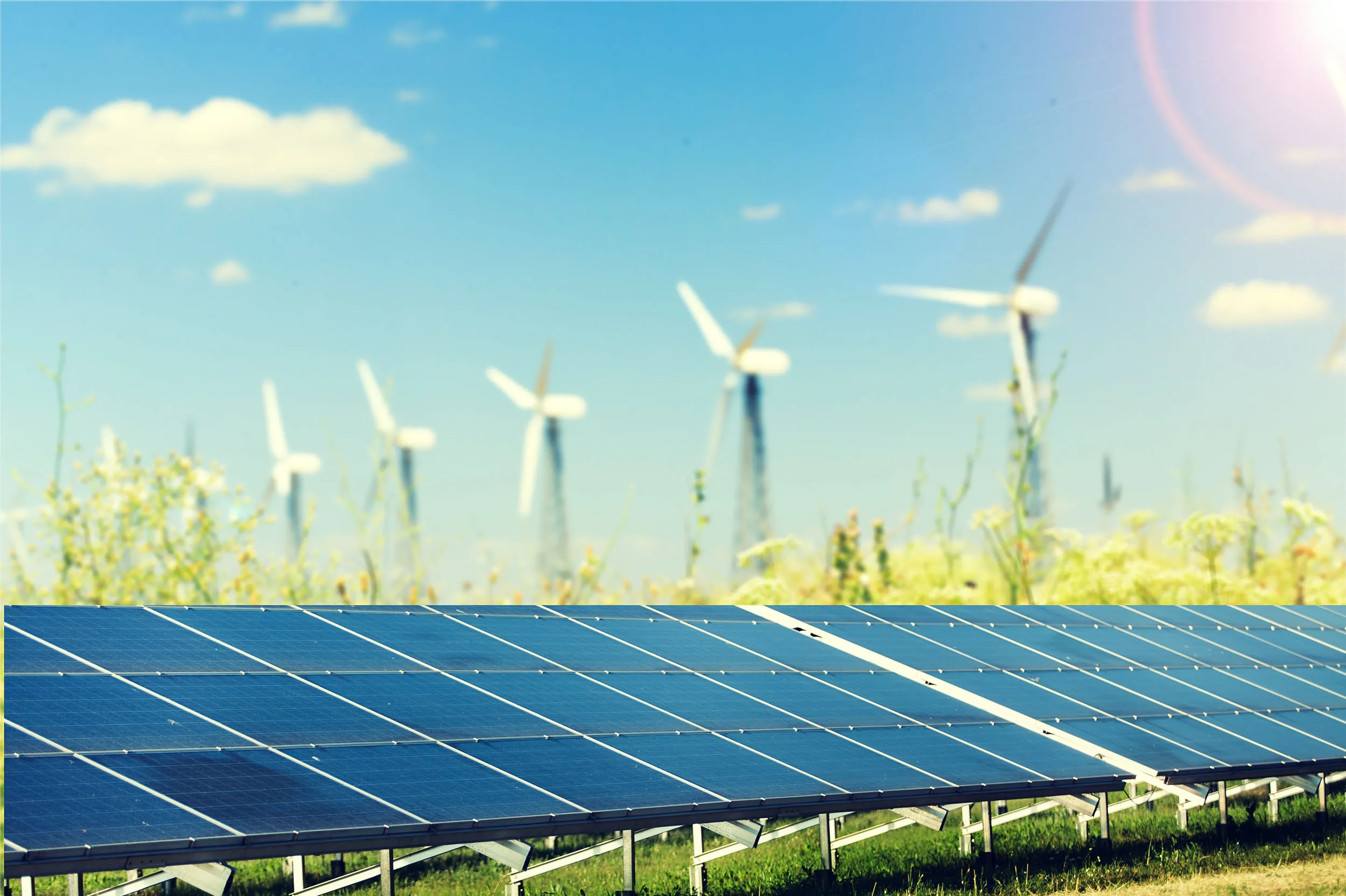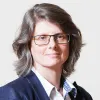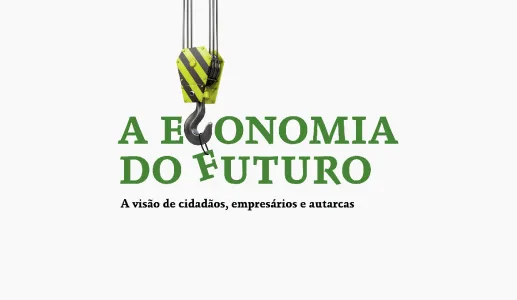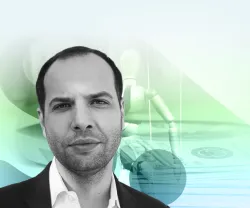
The Economy of the Future
The financial and economic crisis that began in 2007 has led the European Union and several international and global organisations (United Nations, OECD, New Economics Foundation, McKinsey, etc.) to reflect on the economic development models of our societies. Despite their diversity, they all stress the need for a transition to new models of socioeconomic development, in order not only to help overcome the crisis but also to avoid the ecological externalities associated with the economic growth model that has prevailed in recent decades.
This study by Fundação Francisco Manuel dos Santos, carried out as part of the «MuVE – Changing Values for the Economy of the Future» project, conducted a comparative analysis of 20 documents on desirable scenarios for the economy of the future, from which a reference Transition Agenda was derived. This summarises the essential aspects of the main concepts being discussed: the still dominant vision of the growth economy, the vision of the «green» economy and the vision of what is known as the welfare economy.
It then sought to assess the degree to which the Portuguese – ordinary citizens, business people and mayors – adhere to and are predisposed to change when faced with contrasting options on the economy of the future, gauging their degree of adherence to these proposals for change and also trying to understand whether the attitudes and opinions expressed are associated with the respondents' particular values and characteristics. To this end, respondents were asked questions such as:
- what should the main goal of an economy be?
- what should the role of the state be in the economy?
- how different should the future economic model be from the current one?
- what are the most important instruments of economic regulation for a model of sustainable economic development?
- what is the role of local government in a model of sustainable economic development?
As well as trying to find out the respondents' answers to these and other questions, this study also seeks to understand whether they are associated with particular values and characteristics of the respondents and to put the results forward for public debate.
These should be seen as a starting point for broader debate, which takes into account what unites and what divides the Portuguese in decisive matters for rethinking the economy of the future and which considers the reasons and conditions for building transition agendas in favour of a more sustainable socioeconomic development model in Portugal.






